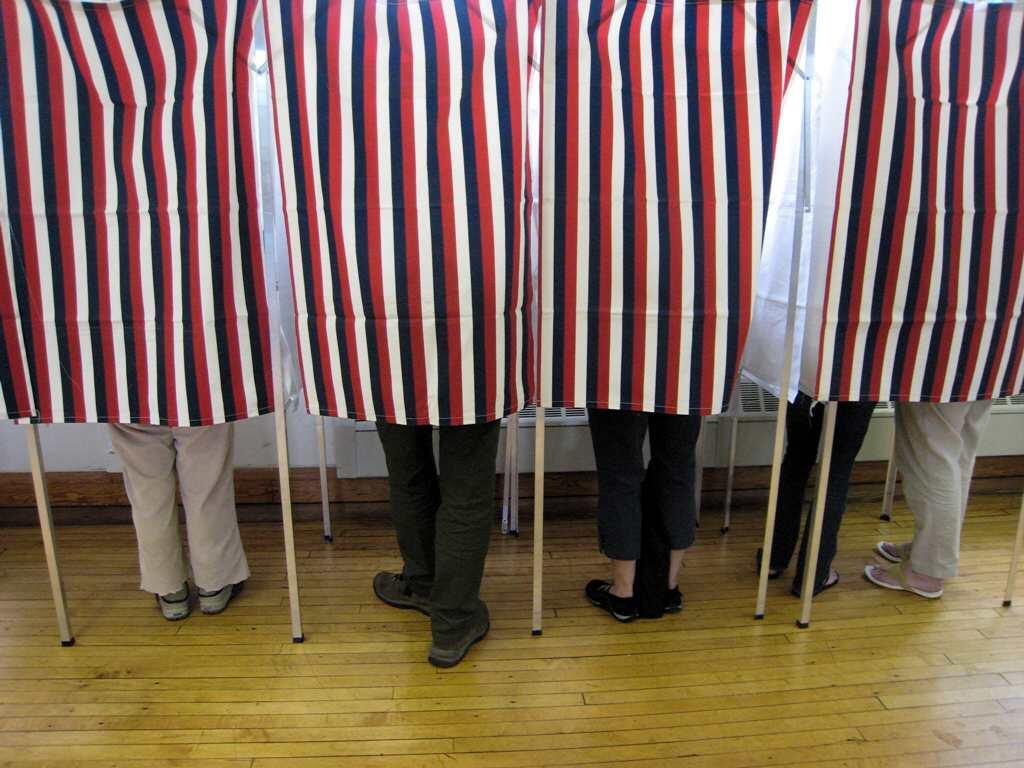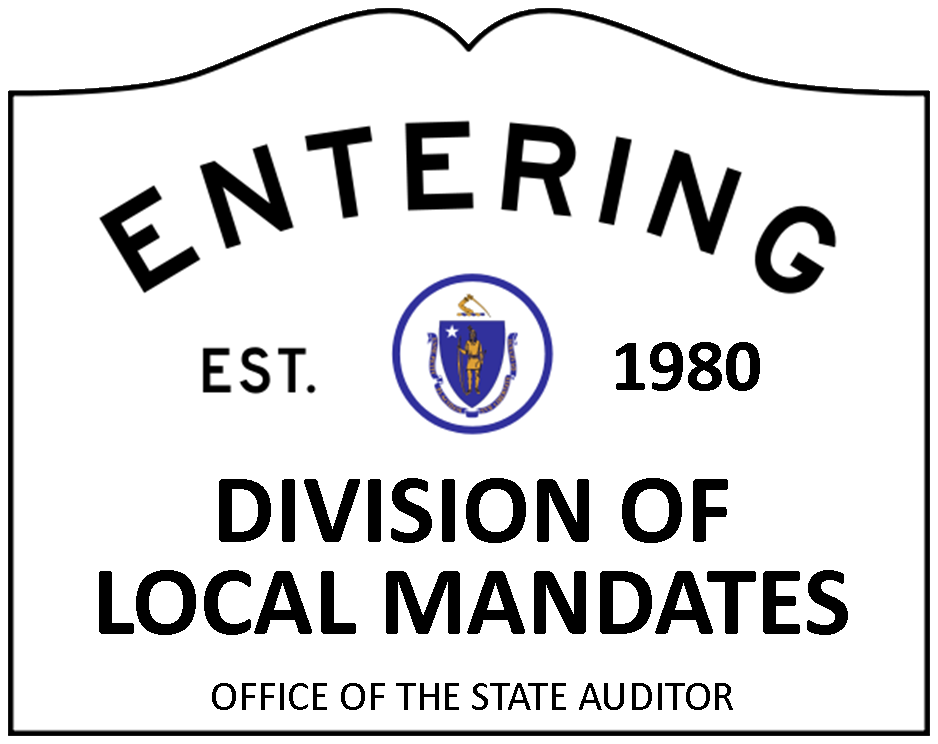- Office of State Auditor Suzanne M. Bump
- Division of Local Mandates
Media Contact
Mike Wessler, Communications Director

Boston — Auditor Suzanne M. Bump released the following statement in response to a vote today by the Massachusetts House of Representatives to include $1,063,978.14 in a supplemental budget to reimburse municipalities for the cost of implementing early voting in the 2016 election.
“Early voting is an important addition to our democratic processes and was utilized by more than one million Massachusetts voters last year. The benefits and importance of making it easier and more convenient for citizens to cast their ballot are self-evident. Our municipalities worked tirelessly and spent over $1 million to provide this service. I commend the House for taking this important first step to reimburse cities and towns for providing this service. Funding those expenses will make early voting that much stronger. I specifically want to thank Minority Leader Brad Jones for his tireless efforts to make this happen. I encourage the Senate to follow the House’s leadership on this issue.”
In January 2018, Auditor Bump’s Division of Local Mandates certified that municipalities spent $1,063,978.14 in unfunded, mandated costs to provide early voting in the 2016 general election. In the Final Supplemental Budget for Fiscal Year 2017, the Legislature directed Bump to provide this formal certification in response to a determination released by her office in February 2017 that determined that parts of the early voting law constituted an unfunded mandate under the Local Mandates Law. In the determination, Bump cited the requirements that municipalities establish an early voting polling location that has sufficient staffing and privacy for votes as the factors driving the conclusion.
The early voting law, which was passed in 2014, requires that municipalities allow any qualified voter during biennial state elections (and other elections taking place at that time) to vote during a twelve-day early voting period. The Massachusetts Secretary of the Commonwealth’s Office reports that more than one million voters cast their ballots during this period in 2016, representing more than 22 percent of registered voters in the state.
DLM was established in 1980 as part of Proposition 2 ½, an initiative that limits the abilities of cities and towns to increase property taxes. Under the state’s Local Mandate Law, the Legislature and state agencies are prohibited from passing costs along to municipalities to implement state programs. DLM was established to respond to municipal request to determine whether an unfunded mandate has been passed on to local governments, and make a cost determination of the state funding necessary to sustain a mandate. Since its creation, DLM has received 675 petitions from municipalities and members of the Legislature asking the Division to review whether legislative or regulatory action imposes an impermissible unfunded mandate on a municipality. In response, DLM has issued 436 unfunded mandate determinations, finding in favor of municipalities 79 times. As a result of these efforts, approximately $343 million in state funding or other remediation has been provided to local communities.
The bill will now be referred to the Senate for further debate.
